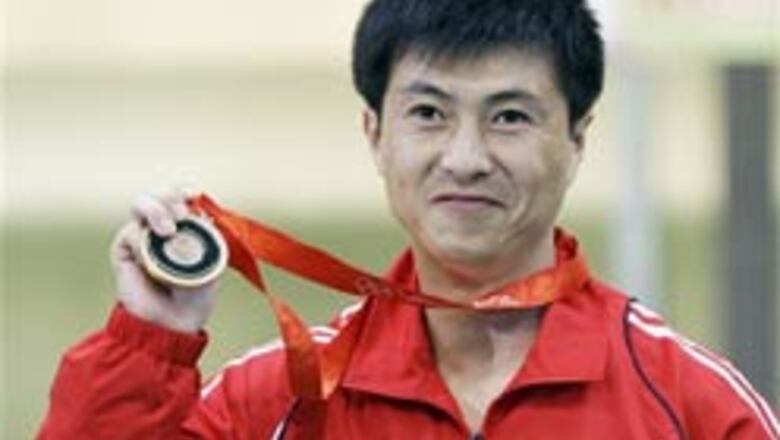
views
Beijing: The International Olympic Committee (IOC) insisted on Wednesday the low number of positive doping cases announced at the Beijing Olympics was proof that they were winning, not losing, their battle against drug cheats.
IOC communications director Giselle Davies told a news conference that 4,133 tests had been carried out during the Games, but only four positive doping cases have been revealed and none of those has involved any of the 205 gold medal winners.
Indeed the only podium finisher caught doping in Beijing to date has been North Korea's Kim Jong-Su, a minor medallist in two shooting events.
Before the Games began, IOC president Jacques Rogge said he expected 30 to 40 positive tests based on what he said was "an extrapolation from Athens in 2004 where there were 26 from 3,500 tests and here there will be 4,500 tests".
However, unless a glut of positive cases are made public in the final five days of competition, it seems the final figure will fall well short of the estimate made by Rogge.
Asked how the IOC interpreted the current figures, Davies replied: "The IOC was very clear in the lead-up to these Games that we would work in concert with all the doping authorities, the World Anti-Doping Agency (WADA), the international federations, whom you've all seen have very much upped the ante in terms of the tests they undertook in the build-up to these Games.
"We feel the deterrent effect plays a part in what we see. Athletes know that at this event the IOC, which is the organisation running the doping programmes, means business when it comes to not having those who cheat be part of this event."
She added: "We will take a further appraisal once the Games are completed, it's not over yet. But that's really how we see things at this stage."
One of the most astounding performances in Beijing was when Usain Bolt won the men's 100 meters final in a new world record time of 9.69 seconds even though the Jamaican was clearly slowing down some 30 meters from the finish.
Davies, asked if the IOC had received the doping tests from the men's 100m final, replied: "We are not privy to that information in terms of those sample collections. The medical authorities are doing some 300 or so samples a day, up to 350 at their maximum limit."
The other competitors revealed in Beijing as dope cheats were Spanish cyclist Maria Isobel Moreno, Vietnamese gymnast Do Thi Ngan Thuong and Greek runner Fani Halkia, who four years ago won the Olympic women's 400m hurdles on home soil in Athens.




















Comments
0 comment